Sidney Poitier
The tall, handsome and gifted Sidney Poitier was the first African American superstar; the first black actor to earn a best actor Oscar for 1963’s “Lilies of the Field” and the first to be the top box-office draw in 1968.
He grew up poor in the Bahamas, British West Indies. He left school at 13 and moved to Miami at 15 to live with his brother. He went to New York and worked as a dishwasher and busboy while trying to improve his language skills. After a stint in the Army during World War II — he lied about his age — he joined the historical American Negro Theater and understudied all the male roles in the group’s 1946 Broadway production of “Lysistrata." He starred on Broadway the following year in “Anna Lucasta” and made his feature starring debut in Joseph Mankiewicz’s powerful 1950 drama “No Way Out,” in which he played a young hospital doctor confronted with a racist patient (Richard Widmark, who became his good friend).
Poitier continued to be one of the few black actors to land starring roles in feature films during the 1950s, appearing in 1955’s “Blackboard Jungle” and Martin Ritt’s 1957 drama “Edge of the City,” and earning a best actor Oscar nomination, along with Tony Curtis, for Stanley Kramer’s “The Defiant Ones” in 1958. The two played escaped convicts shackled to each other.
He returned to Broadway in Lorraine Hansberry’s seminal 1959 drama “A Raisin in the Sun,” and he reprised his role in the acclaimed 1961 film version. During the 1960s, he appeared in dramas such as 1965’s “A Patch of Blue,” thrillers such as 1965’s “The Bedford Incident” and even the western “Duel at Diablo” (1966).
But 1967 was his pinnacle year. He starred as the elegant but savvy Philadelphia police detective dealing with a racist sheriff (Rod Steiger) in the South in the Oscar-winning best picture “In the Heat of the Night,” in which he uttered the line “They call me Mr. Tibbs.” He also appeared as an earnest young school teacher dealing with a group of teenage hellions in “To Sir, With Love” and played the fiancee of the daughter of a wealthy white couple (Katharine Hepburn and Spencer Tracy) in Kramer’s “Guess Who’s Coming to Dinner.”
He turned to feature film directing with the 1972 western “Buck and the Preacher” and directed the 1974 hit “Uptown Saturday Night.” He also directed Richard Pryor and Gene Wilder in the 1980 blockbuster “Stir Crazy.” After spending several years off the screen, he returned in 1988 in the thriller “Shoot to Kill” and the anemic spy drama “Little Nikita.”
Poitier also turned to TV in the 1990s, most notably playing Justice Thurgood Marshall in the 1991 miniseries “Separate But Equal” and as Nelson Mandela in the 1997 Showtime movie “Mandela and De Klerk.” He also starred with his youngest daughter, Sydney Tamiia Poitier, in the 1999 Showtime movie “Free of Eden.”
Poitier, who has written three autobiographical works, received an honorary Oscar in 2002.
Related stars
|
|
Points of interest
Academy Awards
| Year | Category | Work | |
|---|---|---|---|
| 1958 | Best Actor | The Defiant Ones | Nomination |
| 1963 | Best Actor | Lilies of the Field | Win |
| 2002 | Honorary Award | Win |
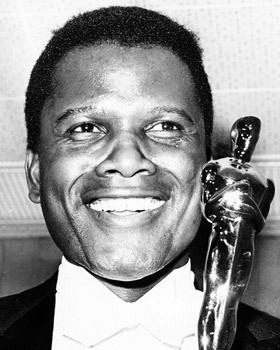
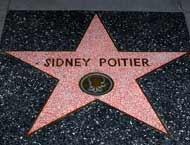
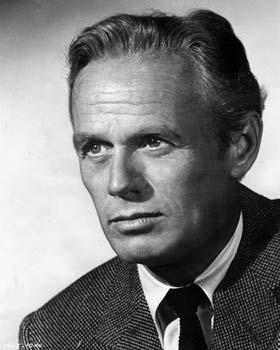
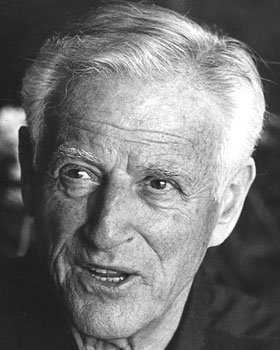
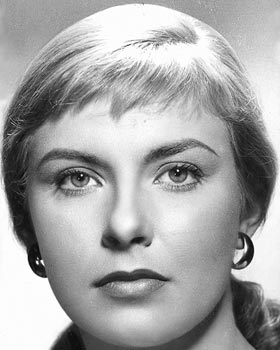
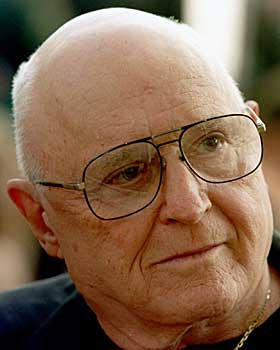
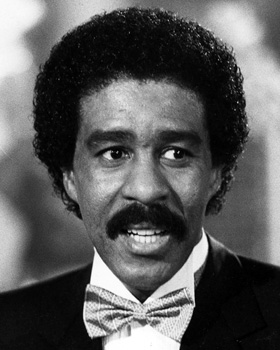
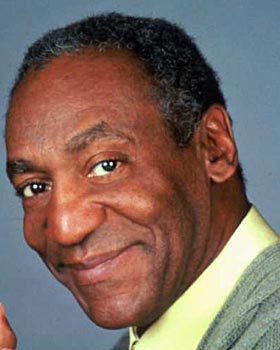
Four thoughts about Sidney Poitier
Share a thought about Sidney Poitier